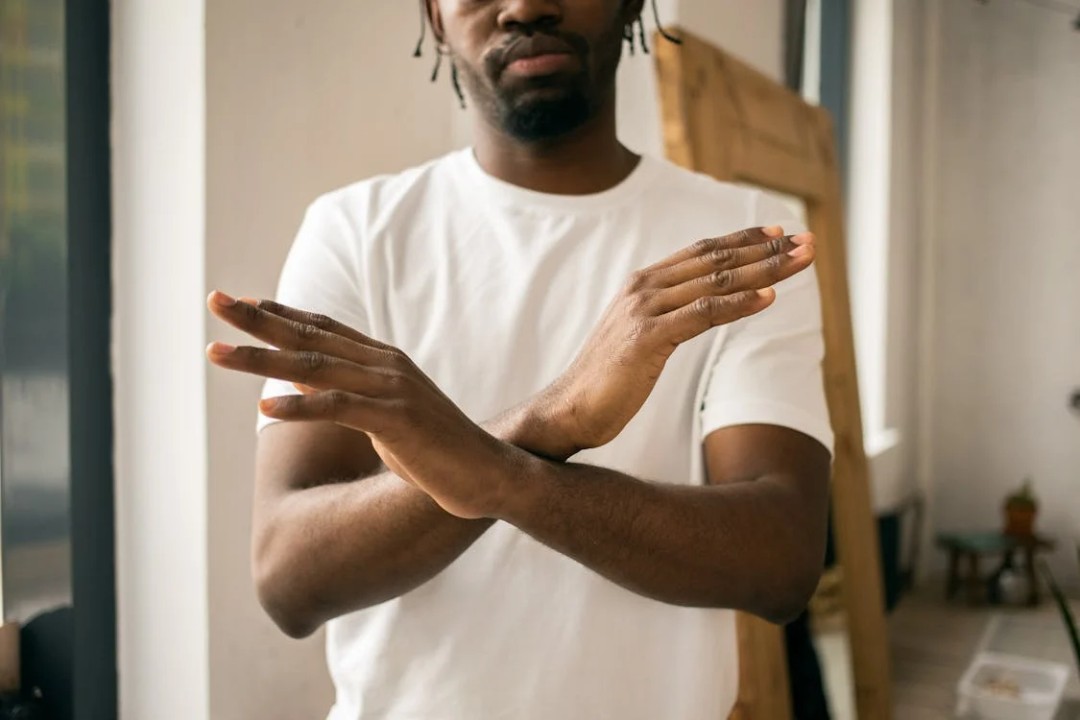- For decades, marriage has been portrayed as a structured, long-term institution that was seen as the ultimate symbol of love, respect, companionship, and stability
- Yet in modern society, most men are on the verge of rethinking the institution, a trend that is growing at an alarming rate.
For generations, marriage has been upheld as a lifelong commitment a symbol of love, respect, companionship, and stability. Yet today, a growing number of men are reexamining what marriage means to them. This shift reflects not just personal choices, but broader cultural and legal conversations unfolding across societies.
Many men say that while marriage remains a legal and cultural norm, it increasingly feels burdensome. Their concerns span emotional, financial, and societal dimensions—and deserve thoughtful attention.
One recurring issue is perceived legal and financial imbalance. In divorce proceedings, family courts often award primary custody to mothers. While this is sometimes based on caregiving history, many fathers feel emotionally sidelined and financially stretched—especially when supporting two households with limited parenting time.
Even in dual-income households, men are often expected to be the primary providers. This expectation can feel like a form of economic pressure, where a man’s worth is measured more by what he gives than who he is. For some, this creates a sense of imbalance in roles and responsibilities.
Beyond the courtroom, social expectations continue to shape how men experience marriage. While women have gained greater freedom to define their roles, many men still feel tethered to traditional scripts—expected to protect, provide, and suppress vulnerability. This can lead to emotional isolation, especially when men feel discouraged from expressing their own needs or seeking support.
Read More
Within marriages, some men describe a dynamic where they are expected to listen, support, and fix but not to cry, reflect, or be seen. Society often celebrates emotional openness in women, while men may be labeled weak or selfish for doing the same. This silence can be painful.
It’s important to note that these experiences are not universal. Many marriages thrive on mutual respect, shared responsibility, and emotional reciprocity. But for those who feel unseen or unheard, the conversation around marriage must evolve.
Marriage should be a choice grounded in equality, empathy, and shared growth not a rigid script that favors one gender’s needs over the other’s.
Stay connected with us on WhatsApp and X for instant updates and breaking news as it happens










